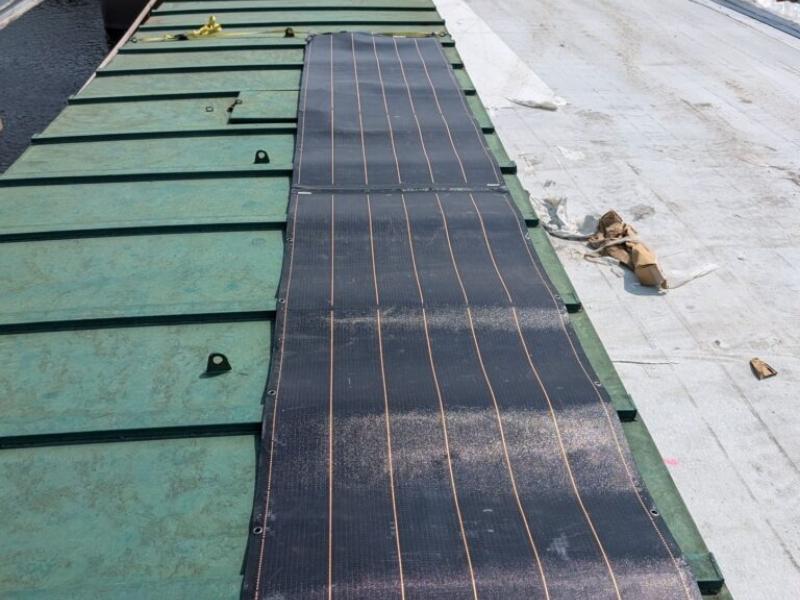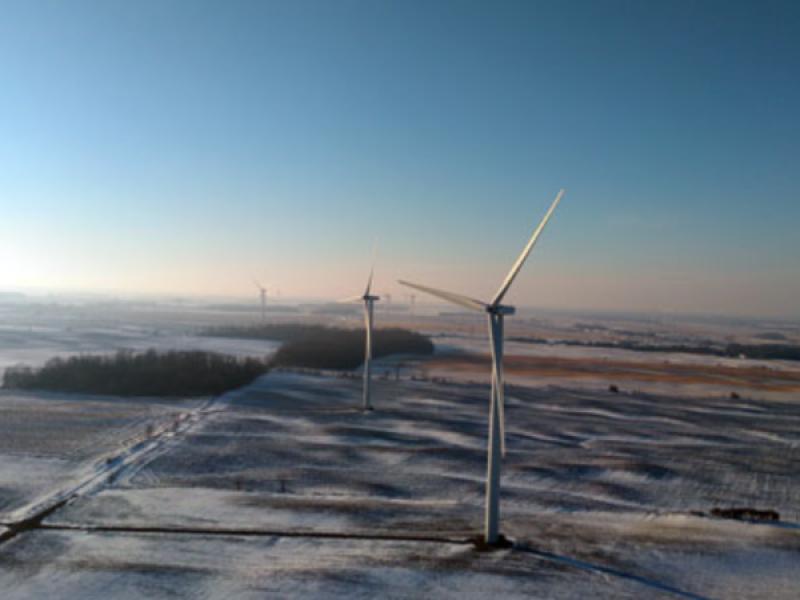
A new report from commercial real estate and investment firm CBRE Group, Inc. ranks Toronto, Montreal, Winnipeg and Ottawa as the Canadian cities best positioned for resilience against the effects of climate change.
In the company’s first North American City Sustainability Study, its econometric advisors assessed 66 North American cities for climate change resilience across three categories: transition risk, physical climate risk and mitigation and adaptation measures.
“Canadian cities exhibit resilience in the face of climate risks and benefit from a relatively low value at risk, which reduces their exposure to both transition and physical climate risk,” Dennis Schoenmaker, executive director and principal economist at CBRE Econometric Advisors, told SustainableBiz in an email interview.
“However, it’s the small yet important things like green building inventory, green bond issuance to fund sustainable projects, and local building benchmarking laws that make their profiles more or slightly less resilient.”
CBRE (CBRE-N) is a commercial real estate services and investment firm headquartered in Dallas with over 115,000 employees in more than 100 countries.
CBRE’s sustainability study
Buildings account for 39 per cent of energy-related carbon emissions worldwide, including 28 per cent from operational emissions and 11 per cent from materials and construction.
The study cited the Carbon Risk in Real Estate Monitor and the Global Real Estate Sustainability Benchmark, stating only 15 per cent of buildings are currently on track to help limit global warming to no more than 1.5 degrees Celsius by 2050.
Other Top-10 cities in the rankings are Austin, Boston, Denver, New York, San Francisco and Washington, D.C.
The study evaluated the following criteria for cities:
- emissions-reduction targets;
- policy and regulations;
- cost of retrofitting properties;
- vulnerability to climate change and climate-related disasters;
- green building stock;
- green financing and other factors.
All 10 cities have pledged to be carbon neutral or achieve net-zero greenhouse gas emissions by 2050. Toronto has a goal of achieving net-zero greenhouse gas emissions by 2040, while Montreal has pledged carbon neutrality by 2050.
Four of the 10 have more than 20 per cent of their buildings LEED certified.
The Canadian results
The report's analysis of Winnipeg highlighted the city's low risk to the physical effects of climate change, stating its buildings are most at risk from flooding, drought, wildfires and severe thunderstorms.
“Water stress for the region is low and air pollution and heating degree days have been decreasing over the past five years,” the report reads. “Key measures include renewable energy, which accounts for 99 per cent of total electricity usage, and LEED certification of 10 per cent of all commercial buildings.”
In Toronto, renewable energy accounts for 94 per cent of electricity usage. In Ottawa and Montreal, those figures are 94 per cent and 99 per cent, respectively.
This stood out to those who prepared the study, compared to cities in other countries.
“We were pleasantly surprised to see how decarbonized the energy grid is in some parts of the country. The power generation for over half of Canadian provinces largely comes from a renewable energy source such as hydro or nuclear power,” Schoenmaker said.
“Given how decarbonized the energy grid is in some Canadian cities, there’s an opportunity to increase the number of green buildings.”
However, the study also notes Canada has a below-average 2050 emissions reduction target of 40 kilograms of carbon dioxide equivalent per square metre. Countries above the average are Germany, China, the Netherlands, the U.S. and Japan.
“The efforts to date of Canadian cities to navigate climate challenges and work toward a more resilient future is impressive,” Schoenmaker said. “Continued investment in renewable energy sources, green bond programs and green buildings will help ensure Canadian real estate markets are prepared for the impacts of climate change.”










